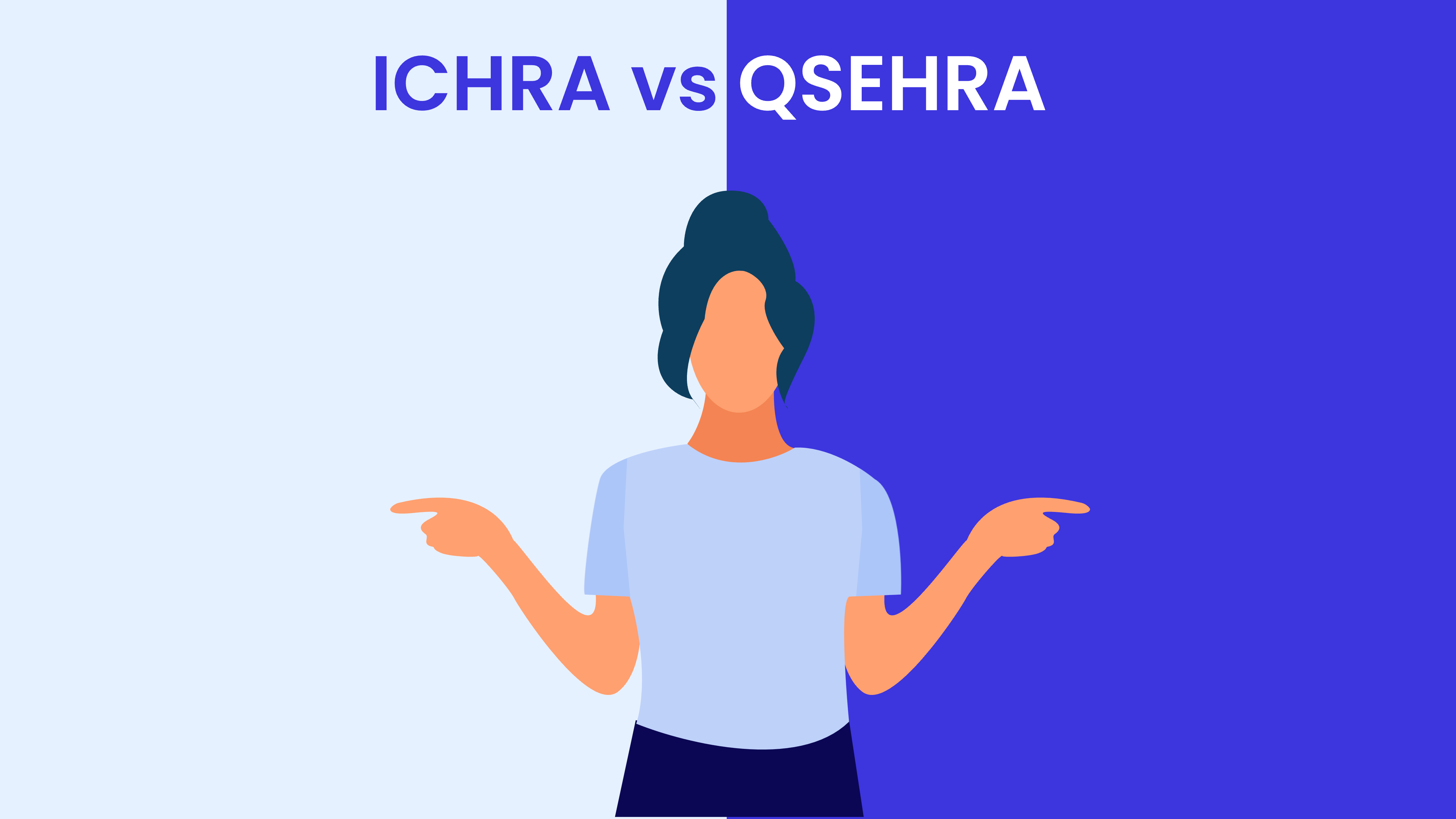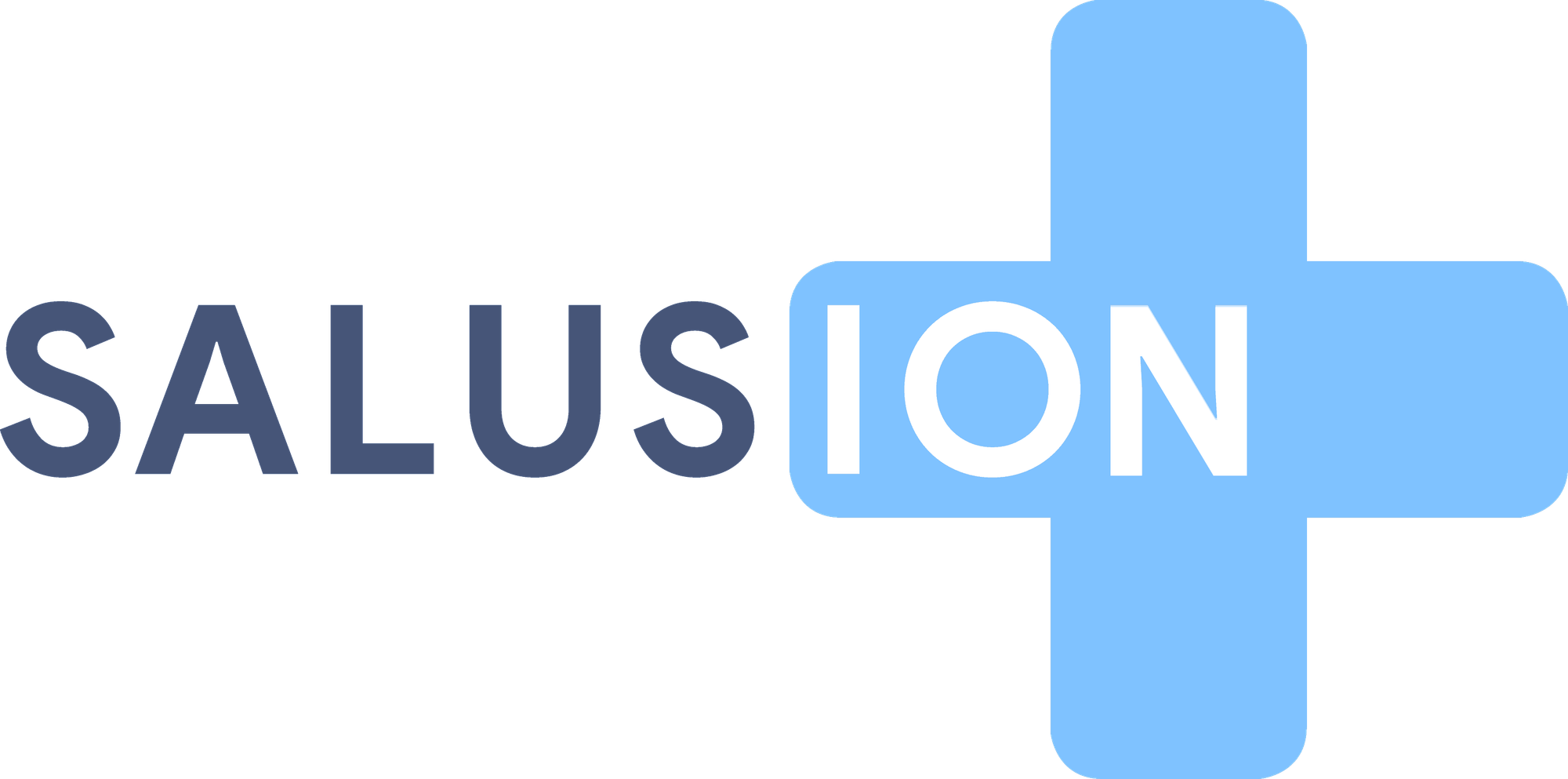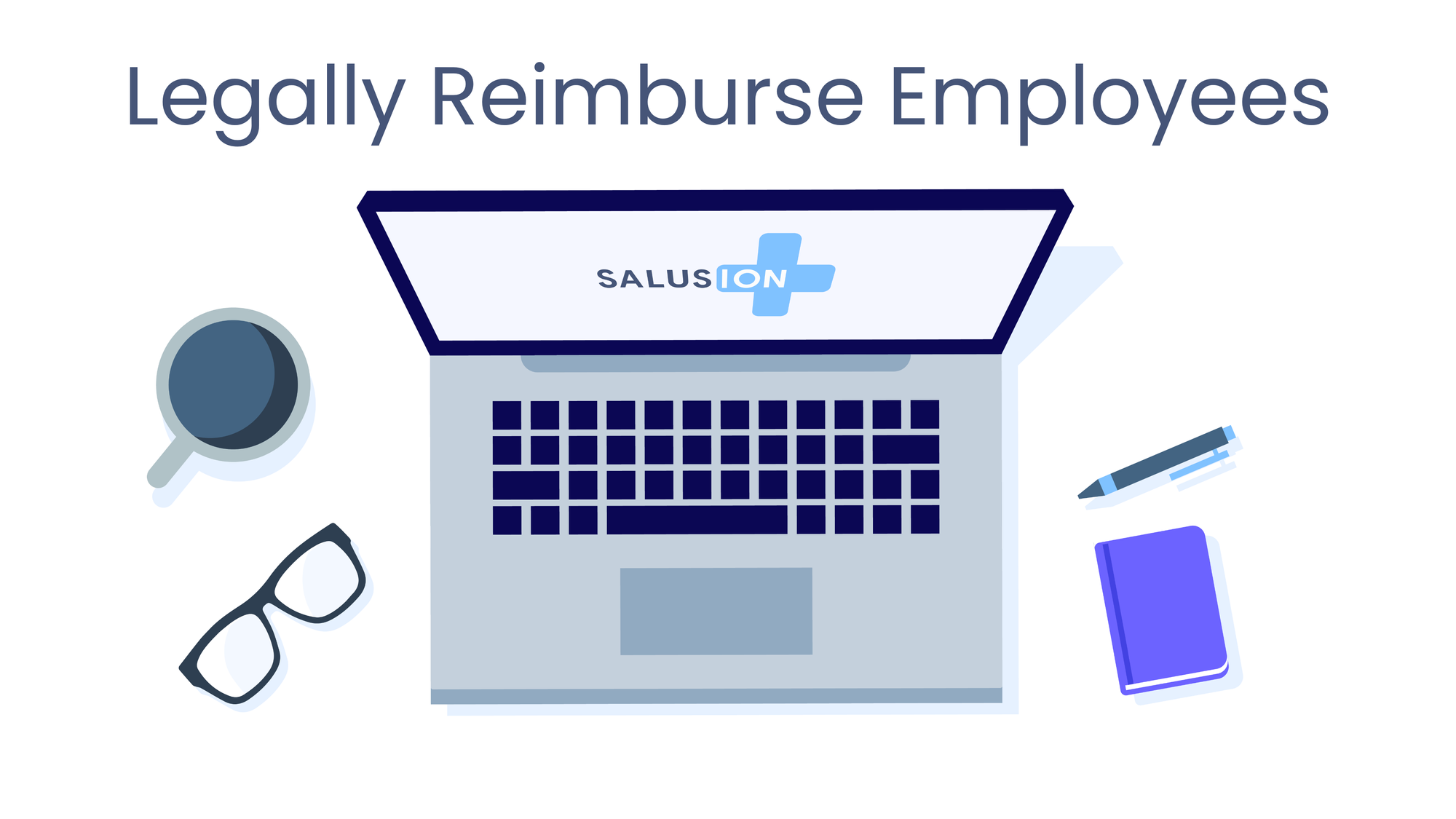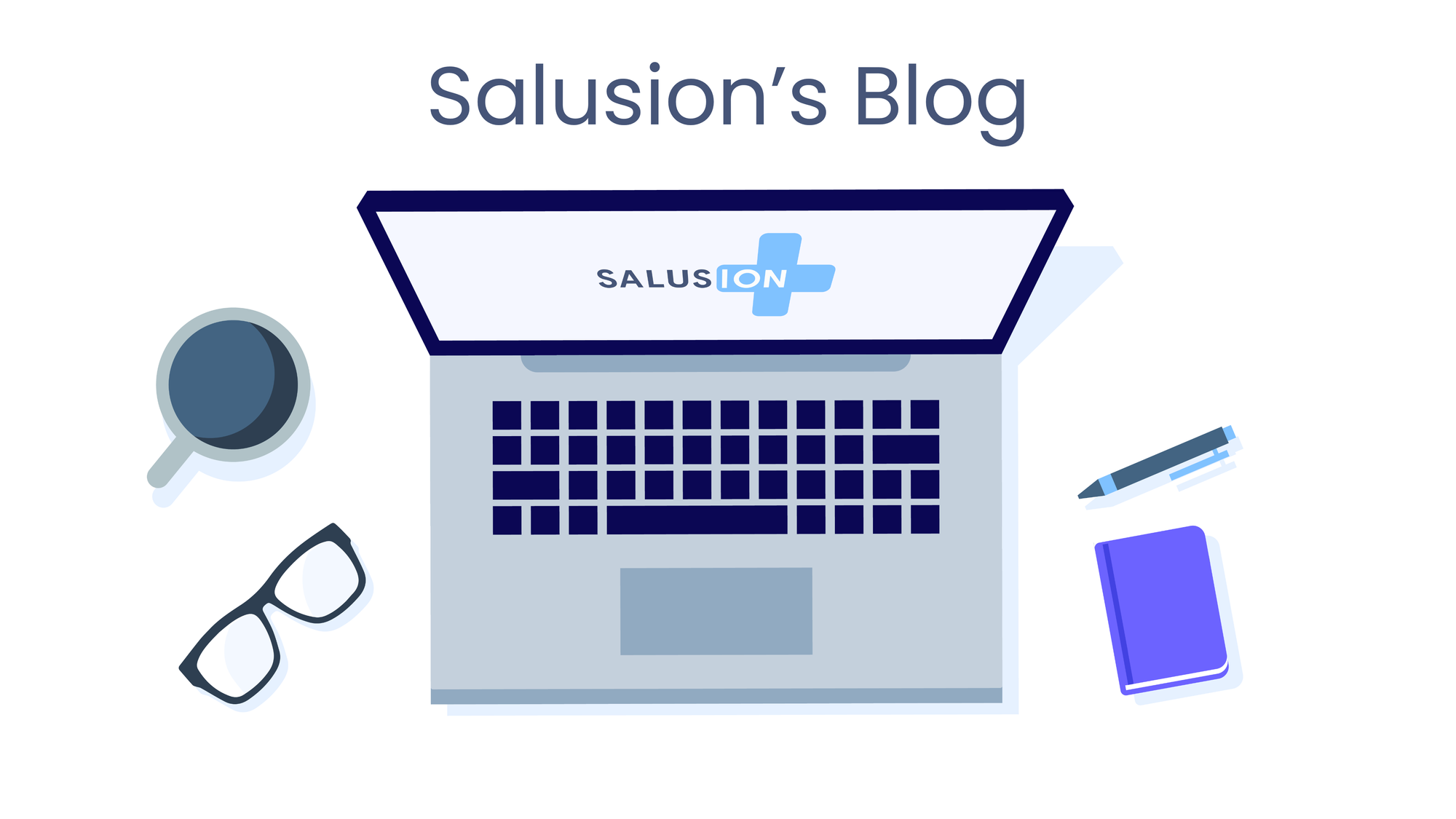Employers often want to support their team’s healthcare expenses. But directly reimbursing employees for insurance premiums or out-of-pocket medical costs can create serious legal issues—unless it’s done through approved structures like an ICHRA or QSEHRA.
Here’s why—and how to stay compliant.
Why Direct Reimbursement Creates Legal Risk
Under federal law, if an employer gives money for the purpose of covering medical expenses—even as taxable income—it’s considered a Group Health Plan (GHP).
Legal Definition (IRC §5000(b)(1); ERISA §733(a); PHSA §2791(a)):
A Group Health Plan is “a plan…established or maintained by an employer…to provide medical care…to employees or their dependents directly or through insurance, reimbursement, or otherwise.”
Once classified as a GHP, the arrangement must comply with the Affordable Care Act (ACA). Enacted in 2010, the ACA introduced key market reforms to improve the quality and scope of group health coverage. Among the most relevant:
- Coverage of 10 Essential Health Benefits (EHBs)
- Prohibition of annual or lifetime dollar limits on EHBs
This creates a fundamental conflict: reimbursement plans typically don’t cover all 10 EHBs, and they certainly don’t offer unlimited coverage. As a result, most standalone reimbursement arrangements fail to meet ACA standards.
IRS Notice 2013-54
To address this issue, the IRS released Notice 2013-54, which clarified that standalone HRAs violate the ACA unless they meet one of the following exceptions:
- They are integrated with a compliant group health plan (e.g., a GCHRA or MERP), or
- They qualify as excepted benefits (e.g., standalone dental or vision plans)
This guidance ultimately led to the creation of QSEHRAs and ICHRAs, both of which are designed to comply with ACA requirements.
Penalties for Noncompliance
Violating ACA market reforms triggers IRC §4980D excise taxes of $100 per employee, per day. This amounts to $36,500 per employee per year, with no cap on the total liability for the business. These excise taxes are automatically assessed if a plan is found to be non-compliant, can be applied retroactively, and do not require an IRS audit to be enforced.
Legal Health Reimbursement Options for Employers
Qualified Small Employer HRAs (QSEHRAs)
Created under the 21st Century Cures Act, passed in 2016 and effective in 2017, QSEHRAs allow small employers to reimburse employees for eligible medical expenses, including health insurance premiums. Reimbursements are excluded from free from federal income taxes and FICA taxes. Furthermore, employers can deduct QSEHRA reimbursements as an ordinary and necessary business expense.
Key facts:
- For employers with fewer than 50 full-time employees that do not offer a group health plan
- Exempt from ACA market reforms
- Must be offered uniformly to all eligible employees
- Employees must have insurance that satisfies Minimum Essential Coverage (MEC) to participate
Individual Coverage HRAs (ICHRAs)
Introduced in 2020 following Executive Order 13813, ICHRAs are available to employers of any size and are considered a compliant form of group health coverage under the ACA. Like QSEHRAs, reimbursements are tax-free.
Key facts:
- Employers must group employees into non-overlapping classes
- ICHRAs must be offered uniformly within each class
- Benefit levels can vary between classes
- Employees must be enrolled in individual health insurance or Medicare to participate
Final Thoughts
If you're looking to help your employees with healthcare costs, make sure you're doing it the right way. While unstructured reimbursements may seem easy, they carry serious legal and financial risk. Approved programs like ICHRA and QSEHRA offer a compliant, tax-advantaged path to support your team with confidence.
To learn more, explore our resources:










